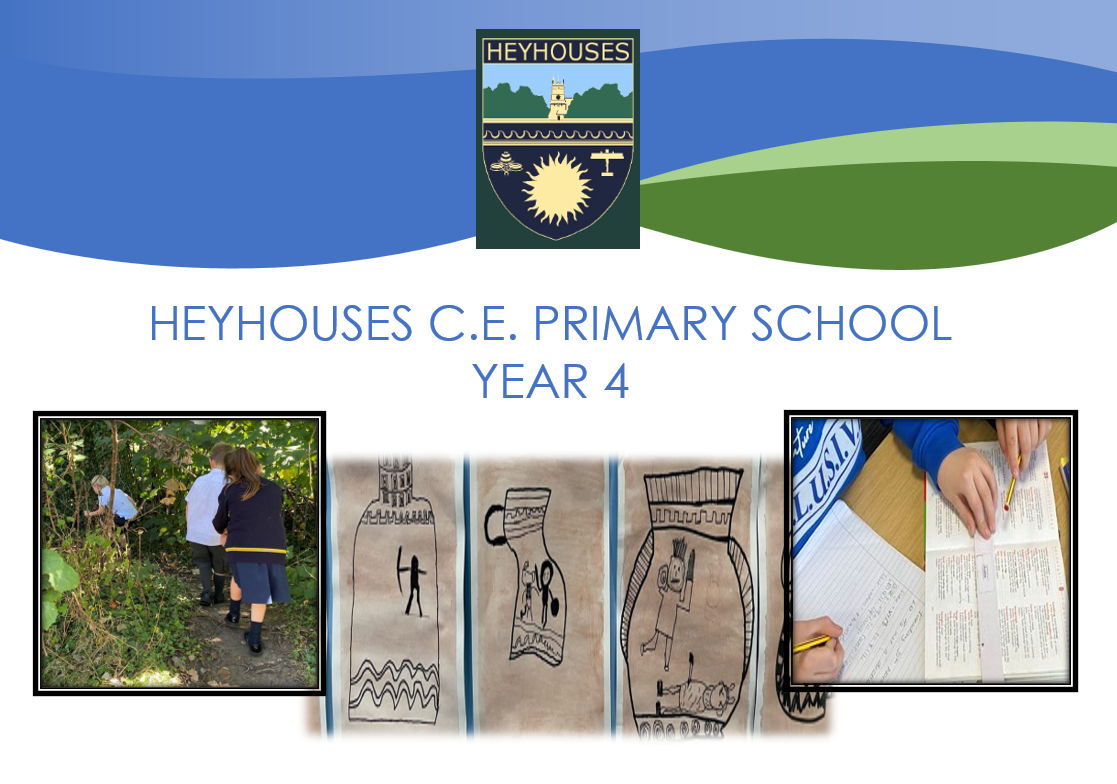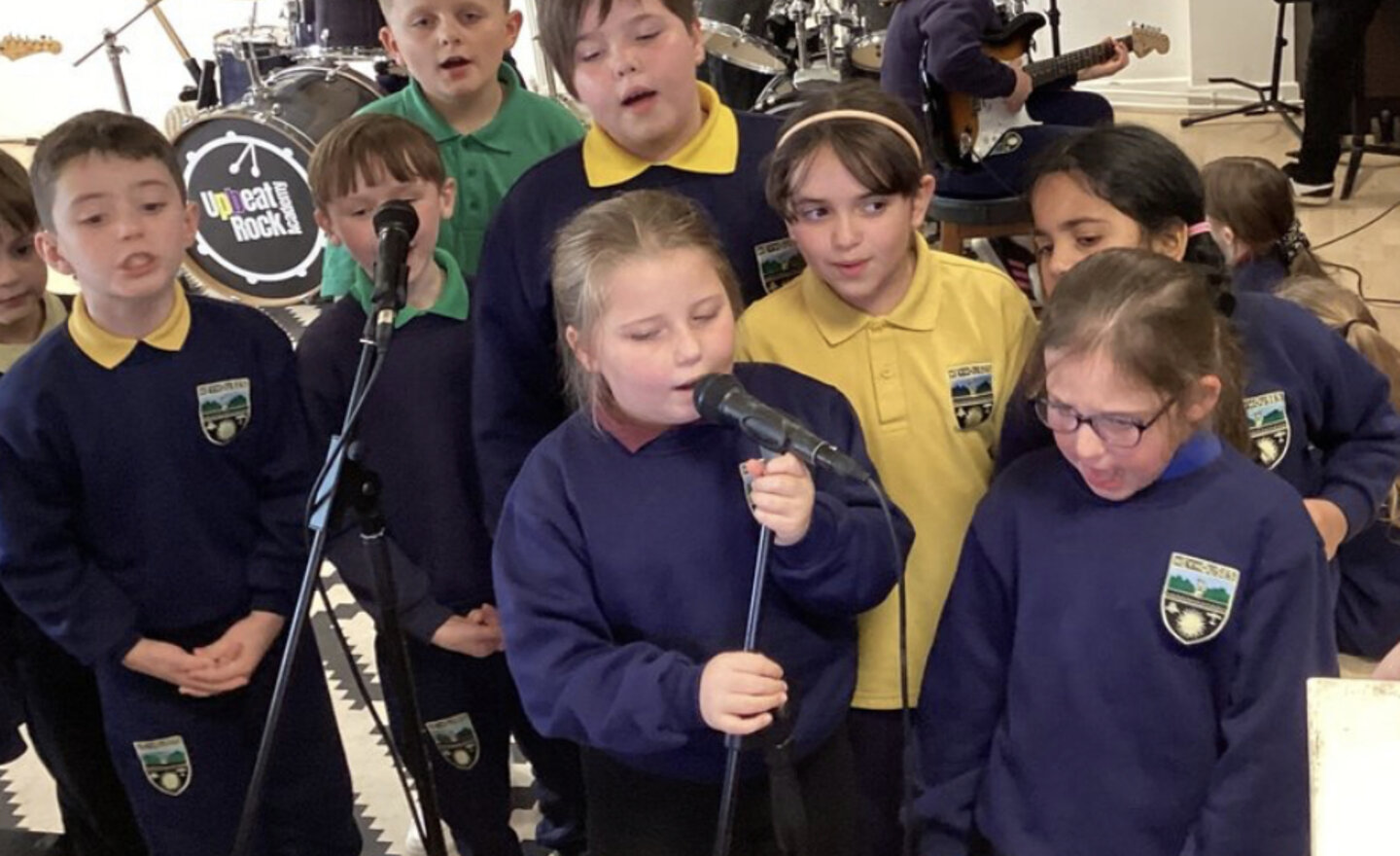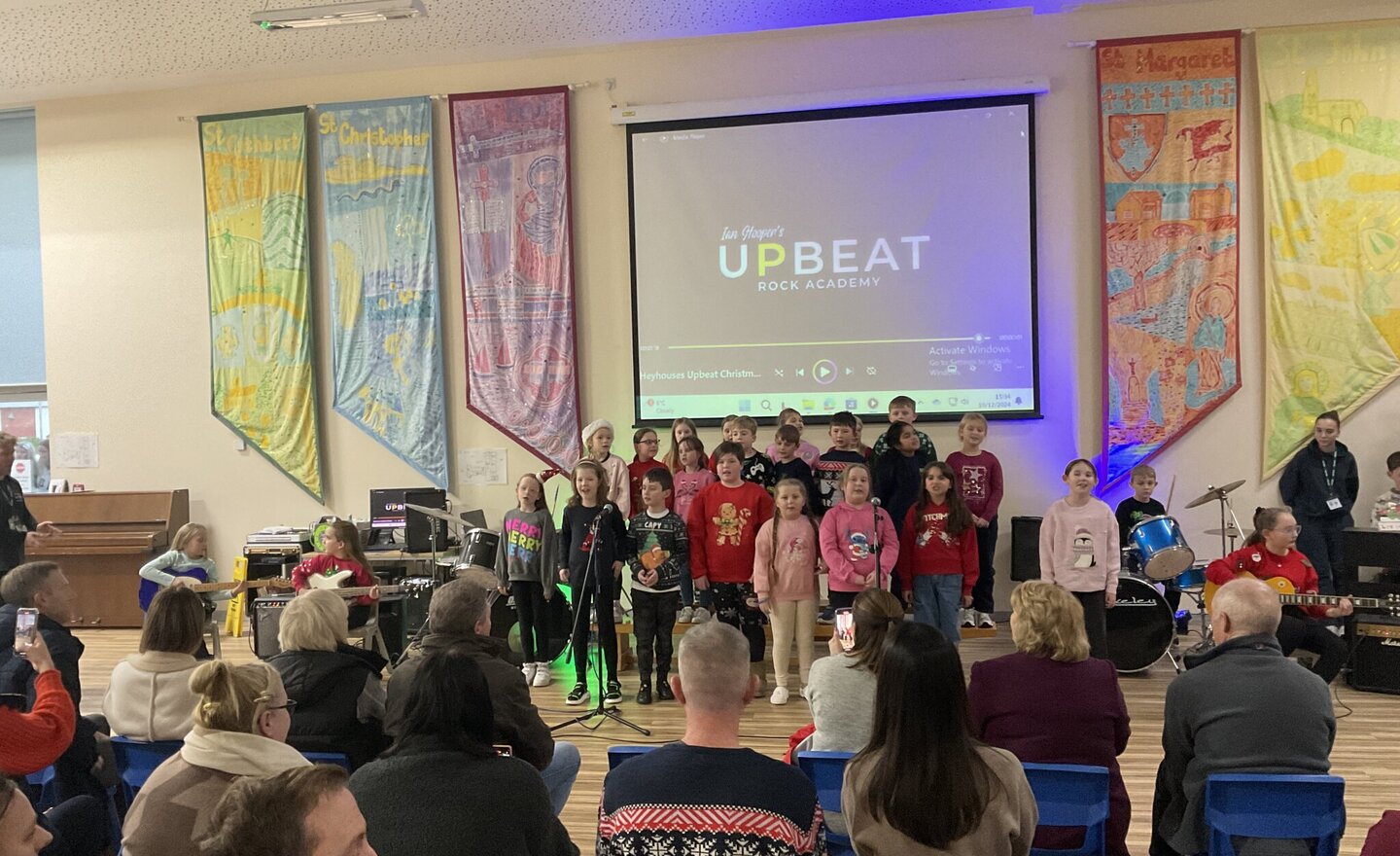Welcome to Year Four
Useful information
PE
Our PE days are Mondays and Wednesdays. Please come into school in your PE kit.
Music
In Year four we are excited to learn how to play an instrument with each class receiving a term of teaching from UpBeat Rock Academy. Music is on a Tuesday and a range of instruments will be taught including guitar and drums.
Homework
MyMaths will be set weekly. There will also be an alternating English and Maths piece of homework each week. This may sometimes be replaced with a piece of topic work. Children will write their homework in their planners.

Welcome to Poplar Class
We have had a busy and fun filled year ahead! Poplar is a wonderful class, taught by Miss Anderson.
Take a look at the Blog page for highlights of what we are doing.
Year 4 Poplar

Miss C. Anderson
Class Teacher
.jpg)
Mrs Rouse
Higher Level Teaching Assistant
.jpg)
Mrs Norton
Teaching Assistant

Mrs Elliott
Teaching Assistant
 Welcome to Tamarisk Class
Welcome to Tamarisk Class
Tamarisk are a lovely class and our teacher is Mrs Byrne.
We are enjoying a busy and fun filled school year - please look at the Blog page for some recent photos of the things we get up to.
Year 4 Tamarisk

Mrs Byrne
Class Teacher
.jpg)
Mrs Rouse
Higher Level Teaching Assistant
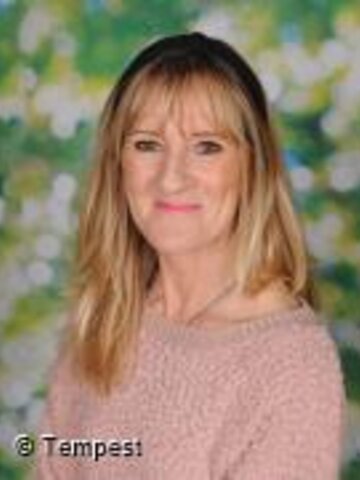
Miss Blackburn
Teaching Assistant
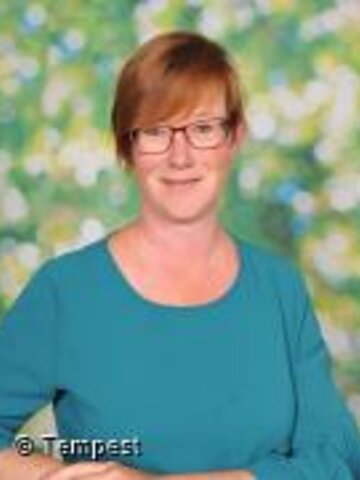
Mrs Rudd
Teaching Assistant
 Welcome to Cherry Class
Welcome to Cherry Class
Cherry Class are a lovely class and our teacher is Mrs Thornton.
It feels good to be in school, seeing our friends, learning and playing together.
Take a look at our Blog page for some recent photos of the things we have been up to.
Year 4 Cherry
.jpg)
Mrs Thornton
Class Teacher

Mrs Jackson
Teaching Assistant
.jpg)
Mrs Rouse
Higher Level Teaching Assistant

Mr Parkinson
Teaching Assistant
Please see the curriculum map below which details the learning and experiences the children will have this year.
Year 4 Curriculum
CUSP Spelling Curriculum
The CUSP Spelling curriculum is organised into 2-week blocks, with each block covering a particular set of key concepts, including spelling patterns, etymology and morphology and reasoning about spelling.
Each block includes the study of key spelling concepts. We call them concepts and not rules because there are simply too many exceptions to any pattern for it to be a rule. The curriculum is not built around the rote memorisation of spelling ‘rules’; instead, the focus is building on what pupils have learnt about the alphabetic code through Phonics lessons and teaching them to seek patterns and reason about how to spell new or unfamiliar words.
The spelling concepts included in CUSP Spelling are much further reaching than the National Curriculum programme of study for Spelling. The statutory concepts are included in the long-term sequence but these are paired with the study of etymology and morphology, a focus on common misconceptions, learning about self-correction and reasoning about spelling attempts. This ensures that pupils become competent spellers and that they develop the independence to identify and correct errors in their independent writing. Each concept is taught, revisited and consolidated throughout the curriculum so that pupils master this learning and commit it to the long-term memory.
Common Exception Words
Common exception words are words that do not follow standard phonetic rules in English, making them tricky for young readers and writers.
These words often contain unusual letter combinations or do not conform to the phonetic patterns that children learn in early education. Mastering these words is crucial for developing reading fluency and comprehension, as they form the foundation of many sentences and texts.
Please support your child in learning to read and spell these words by the end of Year 4.
Maths
Weekly home work will be set on MyMaths: https://www.mymaths.co.uk/
Times Tables
Please practice these weekly. You can use Times Tables Rockstars to support you with this: https://ttrockstars.com/
Reading
Your child should have brought home a reading book from school.
Planners will be checked each Friday and should have signatures to confirm they have read on three occasions.
Spelling
Please see the Common Exceptions word list for year 4 in the Spelling section. The children will learn 4 a week.
Year 4 enjoy wider opportunities in music, receiving specialist teaching from UpBeat Rock Academy.
Each class receives a terms teaching where they receive weekly lessons of 45 minutes in groups of ten. The children are taught a wide range of skills as they develop their musical appreciation, technical knowledge and expressive skills. They will develop vocally and will experience learning and performing a range of instruments (drums, electric guitar and keyboard). Outside of their time with UpBeat Rock Academy the children will continue to be taught by our music teacher Mr Mackenzie who will develop their musical understanding further, training them vocally and through the use of Glockenspiels.
At Heyhouses we love to promote music and for those children that have a passion for the subject there are opportunities to take this further through peripatetic music sessions provided by the Lancashire Music Hub and UpBeat Rock Academy, who also run a weekly after school band.
What is the Multiplication Tables Check?
Primary school children are expected to know all their times tables up to 12x12. Under the National Curriculum, children are supposed to know their times tables by the end of Year 4.
The Multiplication Tables Check (MTC) is statutory for primary schools. Heyhouses will have a 2-week check window in June to administer the MTC. Teachers will have the flexibility to administer the check to individual pupils, small groups or a whole class at the same time.
The purpose of the MTC is to determine whether pupils can recall their times tables fluently, which is essential for future success in mathematics. It will help schools to identify pupils who have not yet mastered their times tables, so that additional support can be provided.
The MTC is an online test where the pupils are asked 25 questions on times tables 2 to 12. For every question you have 6 seconds to answer and in between the questions there is a 3 second rest. Questions about the 6, 7, 8, 9, and 12 times tables come up more often. The questions are generated randomly based on the rules of the MTC.
If you would like to know more, please read the Department for Education's information for parents:
What if my child cannot access the check?
There are several access arrangements available for the check, these can be used to support pupils with specific needs. Your child’s teacher will ensure that the access arrangements are appropriate for your child before they take the check in June. The check has been designed so that it is inclusive and accessible to as many children as possible, including those with special educational needs or disability (SEND) or English as an additional language (EAL). However, there may be some circumstances in which it will not be appropriate for a pupil to take the check, even when using suitable access arrangements. If you have any concerns about your child accessing the check, you should discuss this with your child’s teacher. There is no pass mark for the check.
What happens if my child does not score very high on the test?
There will be no 'pass mark' or expected standard for this test and no child will 'fail'. Multiplication facts will be the only thing tested. The DfE says the purpose of the test is to help teachers identify which children are falling behind and target areas where they're not being given the chance to succeed.
How to prepare
A good way to prepare is start early and build a daily routine practising the times tables. With regular practise you will learn all the questions and gain confidence. This may just be regularly asking them the odd times table question to check their understanding or, as mentioned earlier, research has shown that digital resources have been shown to be effective in helping pupils practise times tables. At the bottom of the page, there are some links to a range of online games/activities your child could try as well as Times Tables Rock Stars.
If you would like to familiarise your Year 4 child with how the MTC will work, this link will take to a website that has a trial run to help the children become more comfortable with the format used:
Multiplication Tables Check - Times Tables UK
Here are some websites where you can practise your skills:
Times Table Rock Stars: Paper Support Documents
Are you ready?
Are you ready to complete your Multiplication Check?
In Class Multiplication Check
iTrack Times Table Tests (School Use)
